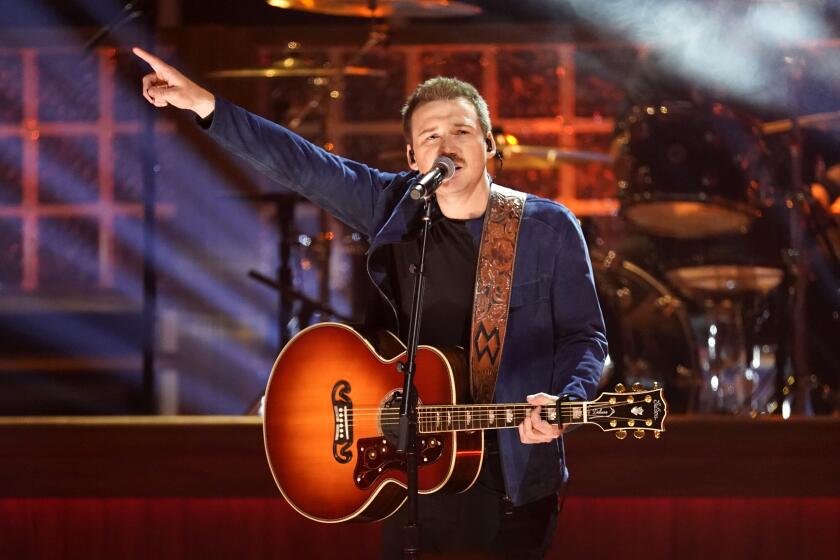Review: ‘Victory’ by Linda Hirshman expects a gay-rights win
Victory
The Triumphant Gay Revolution
Linda Hirshman
Harper: 444 pp., $27.99
Whatever you think about the controversy over Chick-fil-A’s opposition to same-sex marriage, no one can deny that chicken sandwiches are now linked to the gay rights struggle in much the same way that Florida orange juice was in the 1970s.
While the feathers are flying, we may not be able to gauge who’s going to come out on top in this particular skirmish; however, the LGBT ally base has gotten larger, not smaller, since the days when activists organized an orange juice boycott because of singer Anita Bryant’s dual role as spokeswoman for the Florida Citrus Commission and crusader against LGBT rights. According to a recent CNN/ORC poll, 60% of Americans say that they have a family member or close friend who is gay or lesbian, up from 49% just two years ago and a big jump over the 1990s, when most people surveyed denied knowing any gay people in their immediate circle.
The rising visibility of the LGBT community and its numerous achievements are the subjects of Linda Hirshman’s “Victory: The Triumphant Gay Revolution.” Hirshman chronicles how political battles that once seemed unwinnable have been won and how LGBT people have claimed the right to live freely and openly on an equal footing with heterosexual citizens. Although many pens have written on the U.S. gay rights movement, particularly on the AIDS crisis and the 20th century rise in political activism, Hirshman reframes that history as the prequel to an ultimate triumph on the verge of coming to fruition.
“The gay Victory is not just a story, although that would be enough,” writes Hirshman. “It’s an epic.”
For this extremely readable, fast-paced book, Hirshman conducted interviews with more than 100 people who participated in the struggles she recounts. Because she sees the gay movement as having succeeded in securing many of its most important goals and defeating what she calls the “Four Horsemen” — institutionalized claims that gays are “Crazy, Sinful, Criminal, and Subversive” — she presents the tale as an adventure, with lows and highs all leading toward a happy ending, albeit one still to come.
An enthusiastic narrator, Hirshman hisses at those who stood in the way of progress or blundered at key moments, and she cheers for the gay rights leaders and activists who have worked tirelessly to bring about change.
Given that the gay rights saga is very much in process, the ending of Hirshman’s book is a cliffhanger, but she does a masterful job of making her readers, whether they’re familiar with the material or not, want to know what happens next. In light of the book’s argument, President Obama’s endorsement of marriage equality—one significant additional triumph that took place after the book went to press—seems less like an unexpected plot turn and more like the logical extension of all that has come before.
Hirshman repeatedly reminds readers that when previously disenfranchised groups achieve equal rights, it’s not just members of the group who benefit. Society as a whole becomes more free and just. Even though she acknowledges the high cost of the struggle and the fact that much remains to be done before a final victory can be declared, she urges readers to celebrate how far LGBT people have come on the road to equal rights. “As this most marginalized group of Americans fought for full inclusion in the social order,” Hirshman writes, “they didn’t only change their world; they changed everyone’s world.” A victory, indeed.
Bilger is professor of literature at Claremont McKenna College and co-editor, with Michele Kort, of “Here Come the Brides: Reflections on Lesbian Love and Marriage.”
More to Read
The biggest entertainment stories
Get our big stories about Hollywood, film, television, music, arts, culture and more right in your inbox as soon as they publish.
You may occasionally receive promotional content from the Los Angeles Times.






